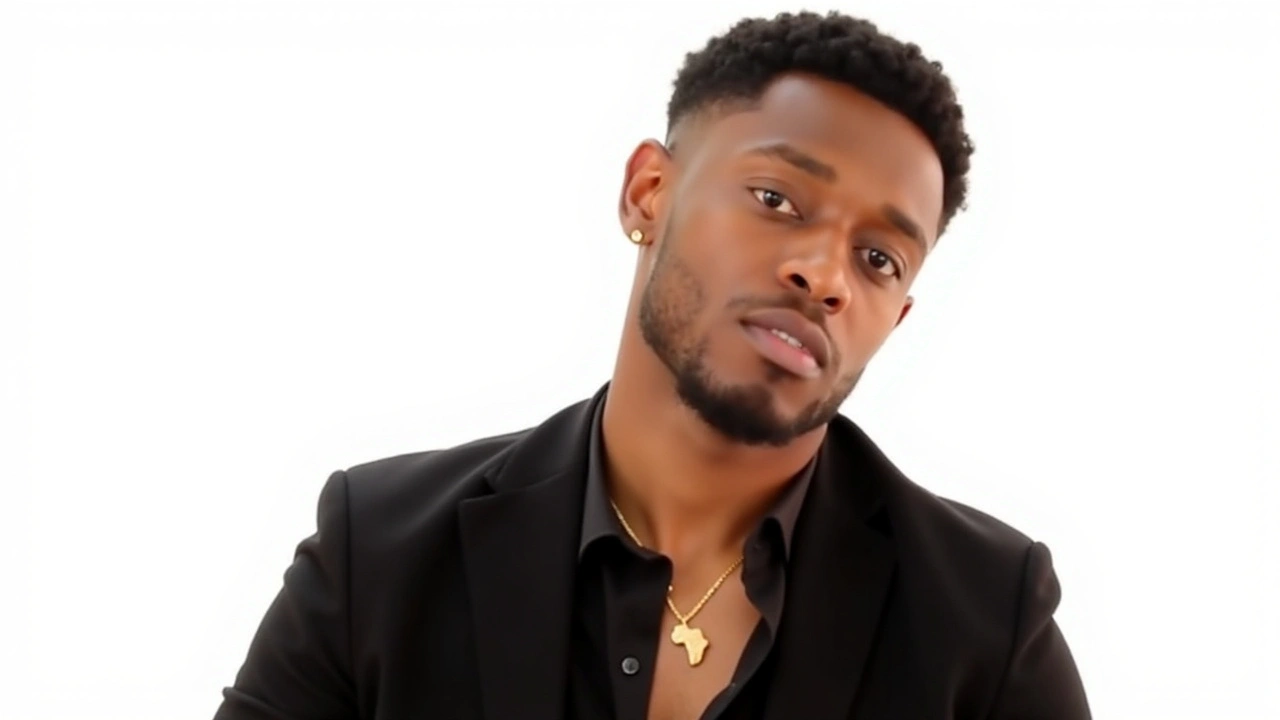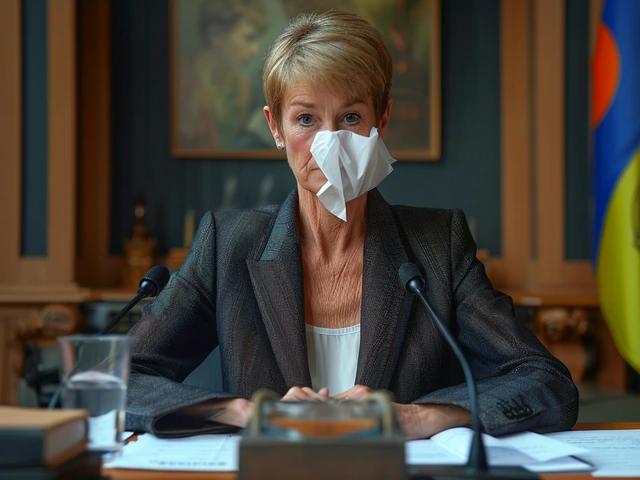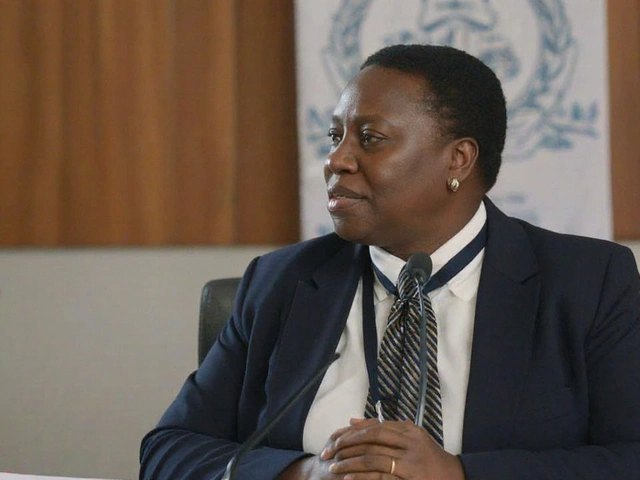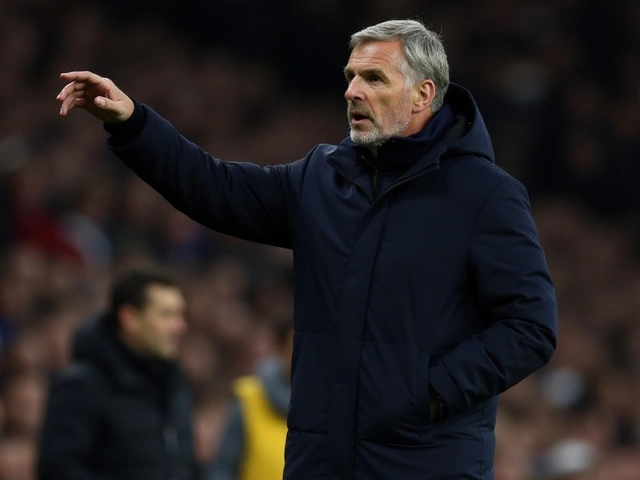Understanding Social Media Backlash and Its Effects
Social media backlash happens when a post, comment, or action online causes a flood of negative reactions from users. This can come from a tweet, a video, or even a company's campaign. The internet lets people share opinions instantly, so a misstep or controversial topic can quickly trigger criticism.
Let's be honest: we've all seen how fast things can spiral on platforms like Twitter, Facebook, or Instagram. One wrong word or misunderstood message can lead to thousands of angry replies or shares. But why does this happen so often?
Why Social Media Backlashes Occur
Most backlash stems from strong emotions. Maybe a comment offends a group, spreads misinformation, or clashes with popular values. Sometimes, people jump on a bandwagon without full context, amplifying the negative response. Social media gives everyone a voice, but that also means no filter on what’s shared or how quickly it spreads.
For example, consider the defamation dispute involving social critic VDM and gospel singer Mercy Chinwo, where social reactions added fuel. Whether it’s celebrities, brands, or everyday users, being public means you face this risk. The key is knowing how to react or avoid triggering backlash in the first place.
How Backlash Impacts People and Brands
The effects of a social media backlash can be severe. For individuals, it may mean stress, damaged reputation, or lost opportunities. For companies, backlash can mean losing customers, negative press, or even financial losses. Some brands have had to pull ads or apologize because a campaign didn’t land well.
On the flip side, not all social media outrage lasts. Some incidents die down quickly, and brands recover by responding sincerely and learning from mistakes. The important part is to stay connected to your audience, understand their concerns, and communicate honestly.
If you’re worried about social media backlash, the best advice is to think twice before posting and consider how others might interpret your message. If backlash does happen, staying calm and addressing concerns openly helps reduce damage.
In today's world, social media backlash is more than just angry comments — it’s a sign of how connected and vocal people are. Knowing what it is and how to handle it can keep you from becoming the next target and help you stay in control of your online presence.






